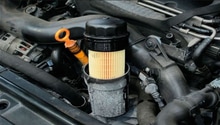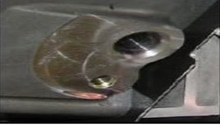Mercedes-Benz C-Class and C-Class AMG: Why is There a Burning Smell Coming From My Car?
A burning smell comes from two pieces of material (could be metal, rubber, or plastic) that rub together. It could be something minor or something serious, but it is not something that can be ignored. To help you find out what is causing a burning smell in your C-Class, we've compiled below some of the most "popular" smells.
This article applies to the Mercedes-Benz C-Class and C-Class AMG (2007-2014).
Since the Mercedes-Benz C-Class is relatively a newer car, your car may be still under the manufacturer's new car warranty. In that case, go to your dealer and tell them about the smell(s) emanating from your Mercedes. If not, depending on the source of the burning smells, you may be able to find where they are coming from. Some will just require that you change your driving style (for instance, driving it hard will cause the brakes to overheat). Other smells, however, are the car telling you something is wrong. Keep reading to discern between the different kinds of smells that might be emanating from your C-Class or C-Class AMG.

Materials Needed
- None
Smell Coming from the Brakes
If you are using your brakes hard, you'll end up with overheated rotors and pads. If you really ride the brakes hard, they'll start to smoke. Still, once they cool off, everything should be fine again. However, if the smell from the brakes continues, the problem could be something that is causing the calipers to drag. If the brake pistons are seized, they will no longer be working normally and require repair. You can tell if your car has dragging brakes if it pulls to the left or right upon application.
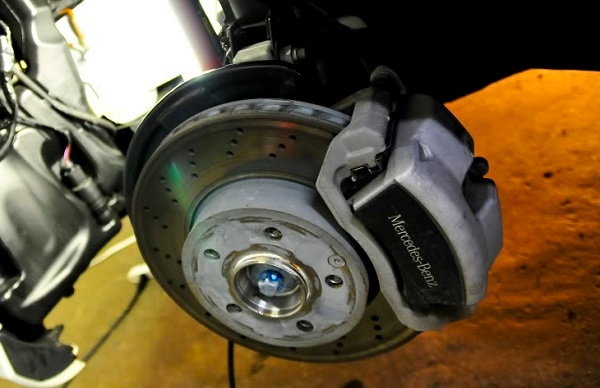
Smell from Burning Engine Oil
Burning engine oil is common in automobiles. As the engine accumulates miles, the valve cover gaskets, in time, are more prone to loosening. Usually, the oil drips down to the exhaust manifolds, thus the burning. Sometimes, just tightening the valve cover bolts is all that is needed. If tightening is not enough, you can always spray the valve cover with a brake cleaner or a degreaser, and then apply some RTV on the leak. However, the correct way is to take the valve cover off and install a new valve cover gasket.
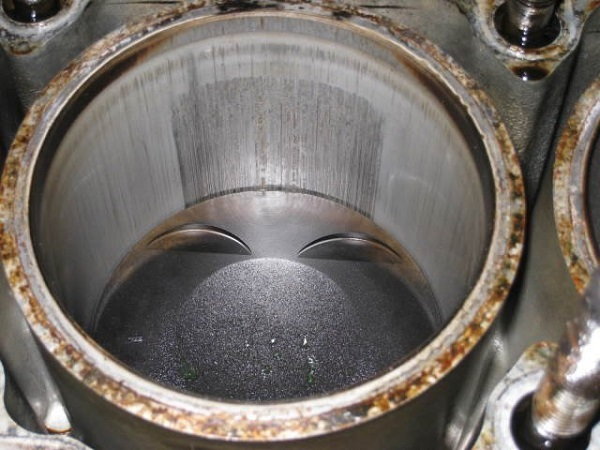
Smells like Rotten Eggs
This smell is caused by un-burned hydrogen sulfide that the catalytic converter can no longer change to sulfur dioxide. This causes the catalytic converter to become chemically inoperative and has to be replaced. The converter can be very expensive; however, it is covered by a longer emissions warranty stipulated by the Federal Government, so check with your dealer.
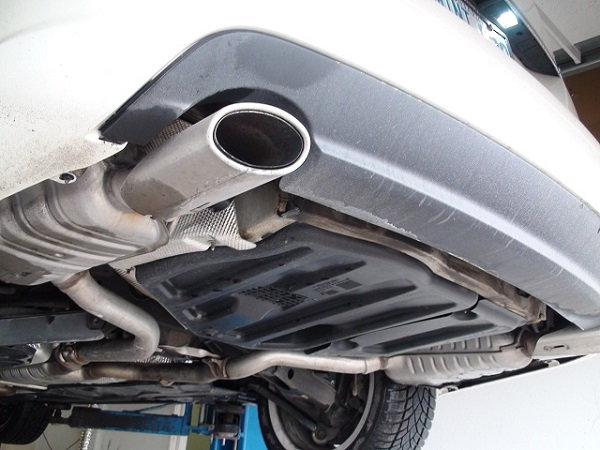
Odor has a Sickly Sweet Smell
This is usually caused by an anti-freeze leak, and you can see this by the puddles left by the anti-freeze. If you are in a situation that requires immediate action, you can loosen the cap on the coolant overflow to reduce the pressure on the system and hopefully get to the next service station. Radiator hoses are relatively inexpensive to replace but other cooling system parts such as a radiator or a heater core can get expensive.
Electrical Smell
This smell should put fear in your car. An electrical short circuit will cause the wires and fuses to melt and produce this acrid odor, and extremely fast as well. You car may not work until the short circuit is repaired, and it is not fun to have to work on an electrical system that seems to have miles and miles of wires.
Smell from the Clutch
For those select enthusiasts who managed to secure a 6-speed manual transmission in their C300, this one is for you. This burning smell can come from your manual transmission, specifically, the clutch. Typically, an inexperienced driver can over-rev the engine between shifts. If the clutch is ridden (over-reved) too many times, it will cause the clutch to fail. The odor is caused by the higher temperatures as the clutch facing can no longer grip the engine's flywheel. Due to the friction material of a clutch being similar to a brake pad, it has a similar smell, but worse. This scent is usually accompanied by a sense of shame for burning the clutch like a newbie.
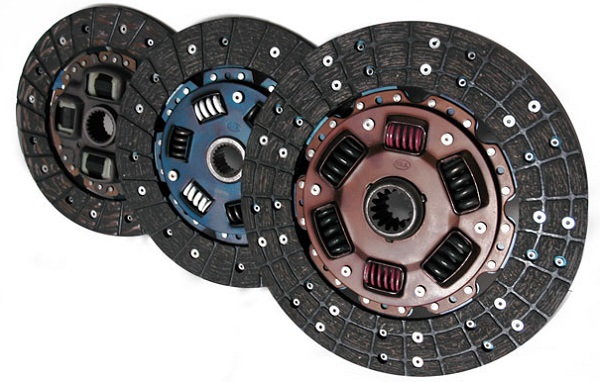
Related Discussions
- Oil Burning Smell - MBWorld.org
- Rubbery-Plastic Burning Smell - MBWorld.org
- Burning Smell - MBWorld.org
- Burnt Smell - MBWorld.org




